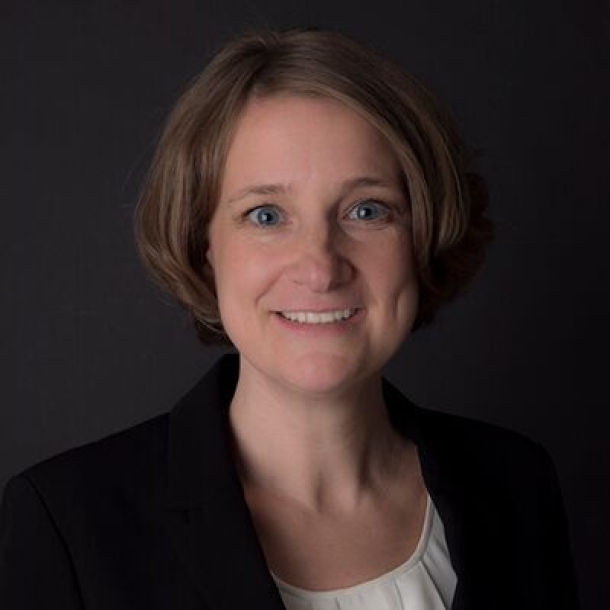High court delivers mixed ruling on telecom siting applications
In T-Mobile South v. City of Roswell, the Supreme Court held 6 3 that the Telecommunications Act (TCA) does indeed require local governments to provide reasons when denying an application to build a cell phone tower. The reasons do not have to be stated in the denial letter but must be articulated "with sufficient clarity in some other written record issued essentially contemporaneously with the denial." The "written record" can include council meeting minutes.
T- Mobile had applied to construct a 108-foot cell tower in a residential zoning area in Roswell, Ga. Two days after a council hearing on the application, where city councilmembers voted to deny the application and stated various reasons for why they were going to vote against it, Roswell sent T-Mobile a brief letter stating that the application was denied and that T-Mobile could obtain hearing minutes from the city clerk. Twenty-six days later the minutes were approved and published.
The court's ruling that written minutes can meet the TCA's "in writing" requirement is favorable to local governments, many of which routinely compile meeting minutes regardless of whether a cell tower application is being considered. But the court's requirement that a local government issue a denial letter and minutes at more or less the same time will be new to many local governments, and "could be a trap for the unwary hamlet or two," as Chief Justice John Roberts said in his dissenting opinion.
The majority of the court, in an opinion written by Justice Sonia Sotomayor, held that local governments must provide reasons for why they are denying a cell tower application so that courts can determine whether the denial was supported by substantial evidence. The court rejected T-Mobile's argument that the reasons must be set forth in a formal written decision denying the application instead of council meeting minutes because nothing in the TCA "imposes any requirement that the reasons be given in any particular form."
At the same time, however, it ruled that since wireless providers have only 30 days after an adverse decision to seek judicial review, the council meeting minutes setting forth the reasons have to be issued "essentially contemporaneous [ly]"with the denial.
Following this decision, local governments should not issue any written denial of a wireless siting application until they set forth the reasons for the denial in that written decision, or make available to the wireless provider the final council or board meeting minutes or transcript of the meeting at which the action was taken.
In other Supreme Court news Free speech at center of license plate case
The Supreme Court will decide in Walker v. Texas Division, Sons of Confederate Veterans whether a decision by the Texas Department of Motor Vehicles Board to reject an application for a specialty license plate featuring images of the Confederate Flag violates the First Amendment.
The decision could have implications beyond the specialty license plate context. Lower courts have struggled to determine whether government websites, advertisements on city buses, memorial bricks and tiles at public schools are government speech or private speech.
A lower court decision ruled in favor of the Texas Sons of Confederate Veterans request, holding that specialty license plates are private speech, not government speech.



